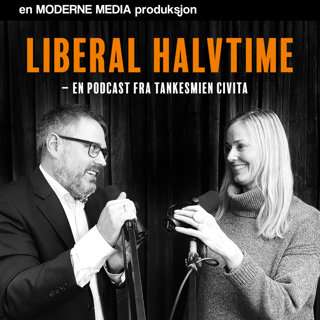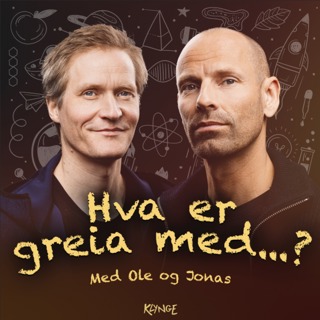
230 | Raphaël Millière on How Artificial Intelligence Thinks
Welcome to another episode of Sean Carroll's Mindscape. Today, we're joined by Raphaël Millière, a philosopher and cognitive scientist at Columbia University. We'll be exploring the fascinating topic ...
20 Mar 20231h 57min

229 | Nita Farahany on Ethics, Law, and Neurotechnology
Every time our brain does some thinking, there are associated physical processes. In particular, electric currents and charged particles jump between neurons, creating associated electromagnetic field...
13 Mar 20231h 12min

AMA | March 2023
Welcome to the March 2023 Ask Me Anything episode of Mindscape! These monthly excursions are funded by Patreon supporters (who are also the ones asking the questions). We take questions asked by Patre...
6 Mar 20233h 1min

228 | Skye Cleary on Existentialism and Authenticity
God is dead, as Nietzsche's madman memorably reminded us. So what are we going to do about it? If there is no powerful force out there to guide us and give meaning to our lives, how are we supposed to...
27 Feb 20231h 16min

227 | Molly Crockett on the Psychology of Morality
Most of us strive to be good, moral people. When we are doing that striving, what is happening in our brains? Some of our moral inclinations seem pretty automatic and subconscious. Other times we have...
20 Feb 20231h 11min

226 | Johanna Hoffman on Speculative Futures of Cities
Cities are incredibly important to modern life, and their importance is only growing. As Geoffrey West points out, the world is adding urban areas equivalent to the population of San Francisco once ev...
13 Feb 20231h 12min

AMA | February 2023
Welcome to the February 2023 Ask Me Anything episode of Mindscape! These monthly excursions are funded by Patreon supporters (who are also the ones asking the questions). We take questions asked by Pa...
6 Feb 20233h 7min

225 | Michael Tomasello on The Social Origins of Cognition and Agency
Human beings have developed wondrous capacities to take in information about the world, mull it over, think about a suite of future implications, and decide on a course of action based on those delibe...
30 Jan 20231h 22min




















